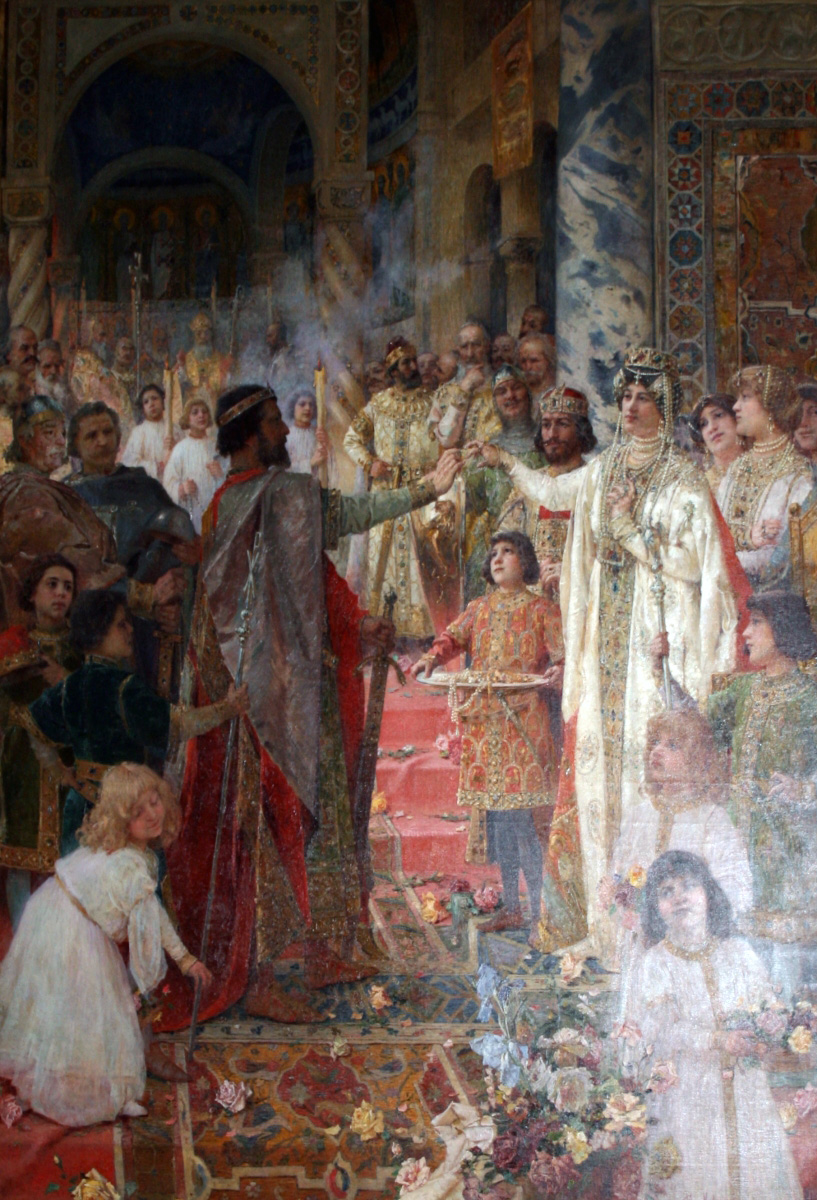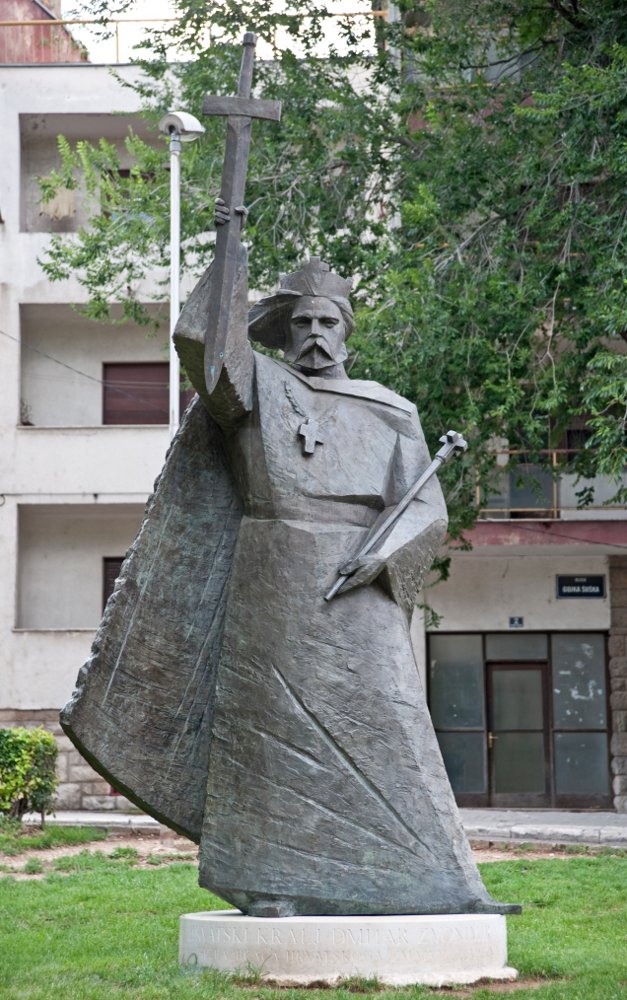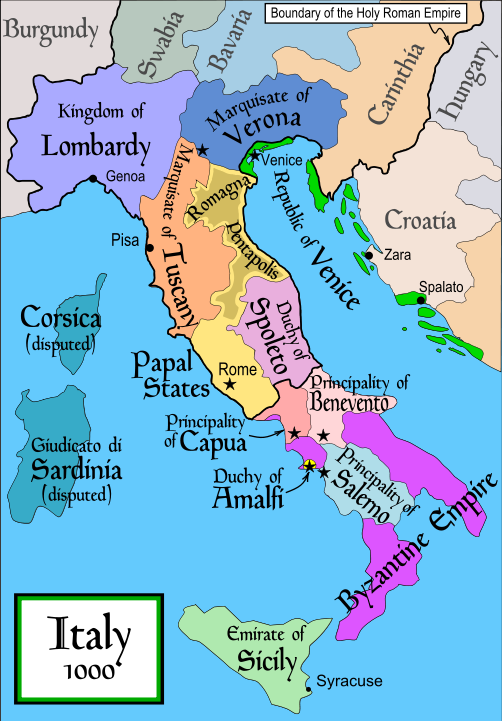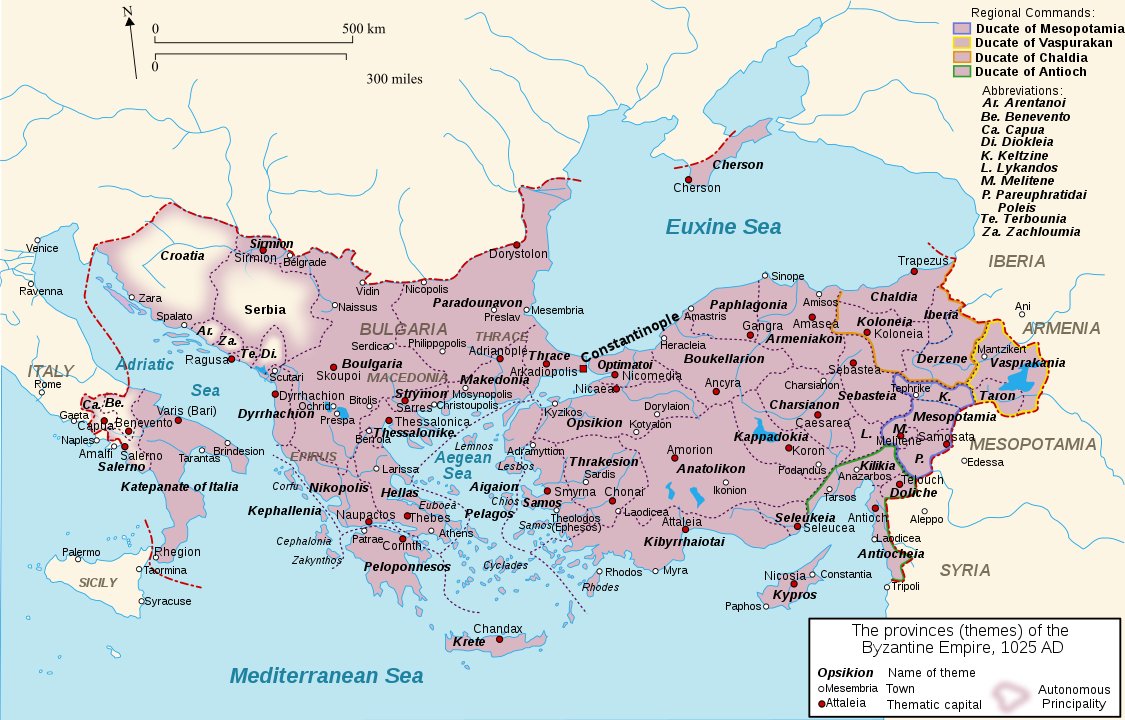
A prince of one of the oldest Germanic kingdoms in former Roman provinces, dispossessed and driven to a foreign land as a refugee, but returning strong and paving way for creation of a nation out of seven.
Story in the evening ...
Story in the evening ...
https://twitter.com/Arby_K/status/1337223118515884033
Prince Ecgberht was born around 770 to Ealhmund, who was the King of Kent in 784. In 789, Ecgberht was expelled from Kent by King Beorthric of Wessex, with the help of King Offa of Mercia. He would flee the islands and seek refuge on the continent. 1/10 

Kent was the oldest of the Germanic kingdoms on the British Isles. It was founded by two brothers, Hengist and Horsa, Jutish mercenaries hired by a Celtic King after the Romans abandoned the island in 410. Their conquest led to Angles, Saxons and Jutes coming to the islands. 2/10 
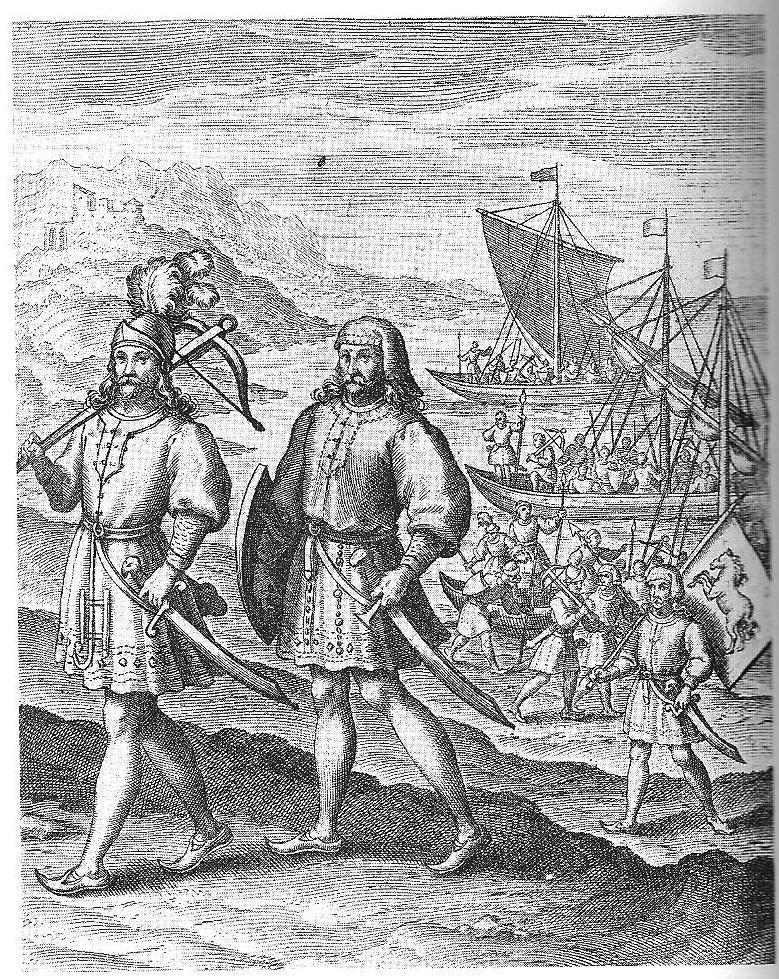
Having escaped from Kent, Ecgberht would end up at the Frankish court of Charlemagne in 792. In 802, Ecgberht would come back to the island to succeed Beorthric as King in Wessex. It is not clear whether he came to throne by force or otherwise. 3/10 

Wessex (West Saxons) was another of the Anglo Saxon kingdoms on the island, founded by Cerdic in 519. Later genealogies show Beorthric & Ecgberht as descendants of Cerdic, though it may be a later invention. Ecgberht was supposed to have contested for Wessex throne in 786. 4/10 

But it was Beorthric who would gain the throne then. By 802, Ecgberht was in command. He would devastate neighbouring Dumnonia in 815 and then set sights for Mercia. By 796, Mercia had control over most of the Anglo Saxon Kingdoms. 5/10 

But after the death of King Offa in 796, it had somewhat weakened. But the new King Cenwulf would soon regain that control. Cenwulf's death in 821 and subsequent chaos in Mercia would give Ecgberht an opportunity. In 825, Ecgberht would defeat Mercia at Ellendun. 6/10 

Ecgberht would soon send his son Æthelwulf to Kent with a great force. The latter would become the King of Kent, Essex and Sussex, under his father. By 829, Ecgberht was briefly the master of the nation we call England, after Northumbria & East Anglia submitted to him. 7/10 

But by 830, Mercia would break away from Wessex rule and after defeat in 836 against the Vikings, Wessex hold over Mercia would weaken. In 839, Æthelwulf would succeed Ecgberht as King. The Viking invaders would carve out a Kingdom briefly till 954. 8/10 

Æthelstan, a descendant of Ecgberht, would conquer most of the Viking kingdom by 927, crowning himself as the King of England. His younger brother, Eadred, would complete the conquest of Northumbria in 954. 9/10 

With the death of King Eadward the Confessor in 1066, the line of Kings from Ecgberht would finally end. But the nation Ecgberht had brought together for his descendants would continue on as England, till the Union of Crowns in 1603. 10/10 

• • •
Missing some Tweet in this thread? You can try to
force a refresh

